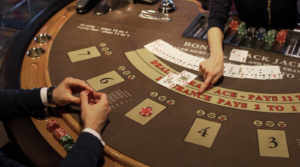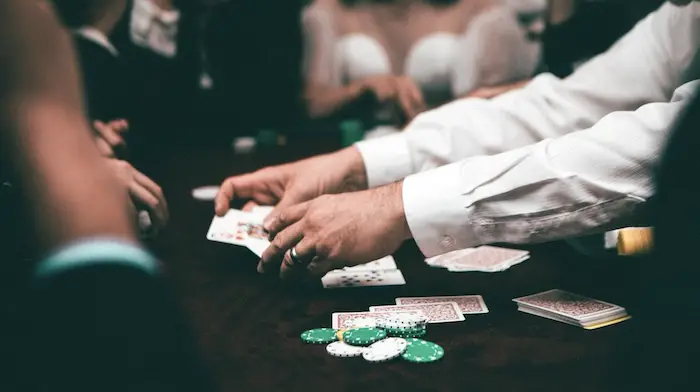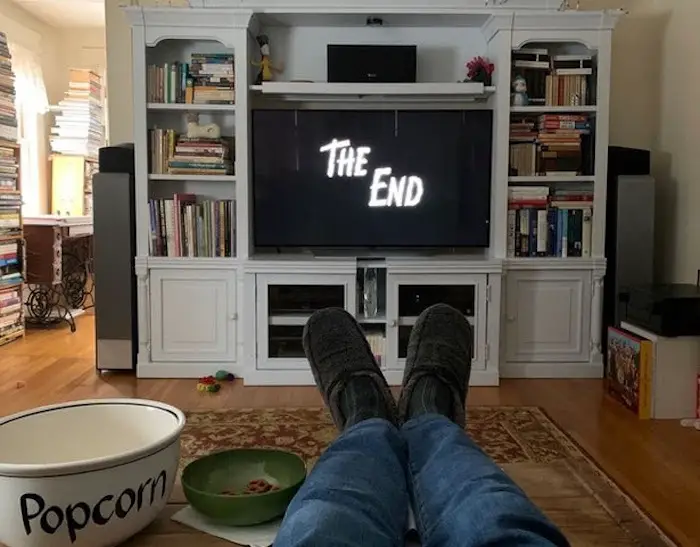
The world is in healing as it continues to feel the ongoing effects of the Covid-19 pandemic, which drastically altered the world’s gambling and video-streaming habits.
It seems only natural that activities generally associated with being indoors—such as streaming and online gambling—spiked at a time when most of the world was in isolation. A study conducted by the UK Gambling Commission found online gambling surged by 8.1 per cent in 2020 compared to the previous year, while video streaming rose by as much as 31 per cent in the early months of the pandemic (January-July 2020).
“…people in the United States spent 44 per cent more time streaming in the fourth quarter of 2020 than they did in the last three months of 2019.”
Those habits translated across the pond as people in the United States spent 44 per cent more time streaming in the fourth quarter of 2020 than they did in the last three months of 2019. Online gambling also skyrocketed in the U.S. during the pandemic, though that area is more difficult to compare historically given the betting landscape in America has been in a massive state of flux.

There’s a key difference between the two metrics given streaming bears little financial risk and no danger of addiction (at least not in its most threatening sense). Gambling and online betting, on the other hand, can pose a serious burden.
It’s inevitable that a rise in the habit therefore leads to a risk in the risks as well, and many of those states to legalise the practice in recent years are also opening up to a new wave of addicts.
Keith Whyte, executive director of the National Council on Problem Gambling, told NBC News last year that the U.S. must act to quell the threat of gambling addiction: “It’s this ticking time bomb. We have to take action now, but the problem is almost impossible to quantify.”
“…streaming increased in kind as many people were unable to do their usual jobs…”
A study at the University of Bristol (England) showed male regular gamblers were particularly susceptible during the pandemic, suggesting it wasn’t a new wave of first-time punters that caused the surge. The closure of many brick-and-mortar betting shops (both temporary and permanent) was a prominent factor in the increase, while boredom and the suspension of live sports also pushed players to try their hand at things like card games, online casinos and bingo.
Likewise, streaming increased in kind as many people were unable to do their usual jobs and so found themselves with a lot more free time and fewer options in how to spend it.
But as the general population returns to a state of normalcy (as far as Covid-19 is concerned), it begs the question as to whether the world will return to its former state or maintain a new norm in front of their screens.

For so long, the world was prevented from interacting as normal, with people prevented from going to bars, concerts the cinema and attending live sports. Each of those practices has been revived in most of the developed world, leading one to believe there will be a natural settling effect as streamers and gamblers venture elsewhere.
There’s no guarantee, however, as mental health became a key talking point during the pandemic, encouraging many to examine their habits in regards to work and treating anxiety. Many people are also more cost-conscious while others are opting to work from home more, meaning the amount of time spent streaming or visiting online casinos may never return to its former lows.





